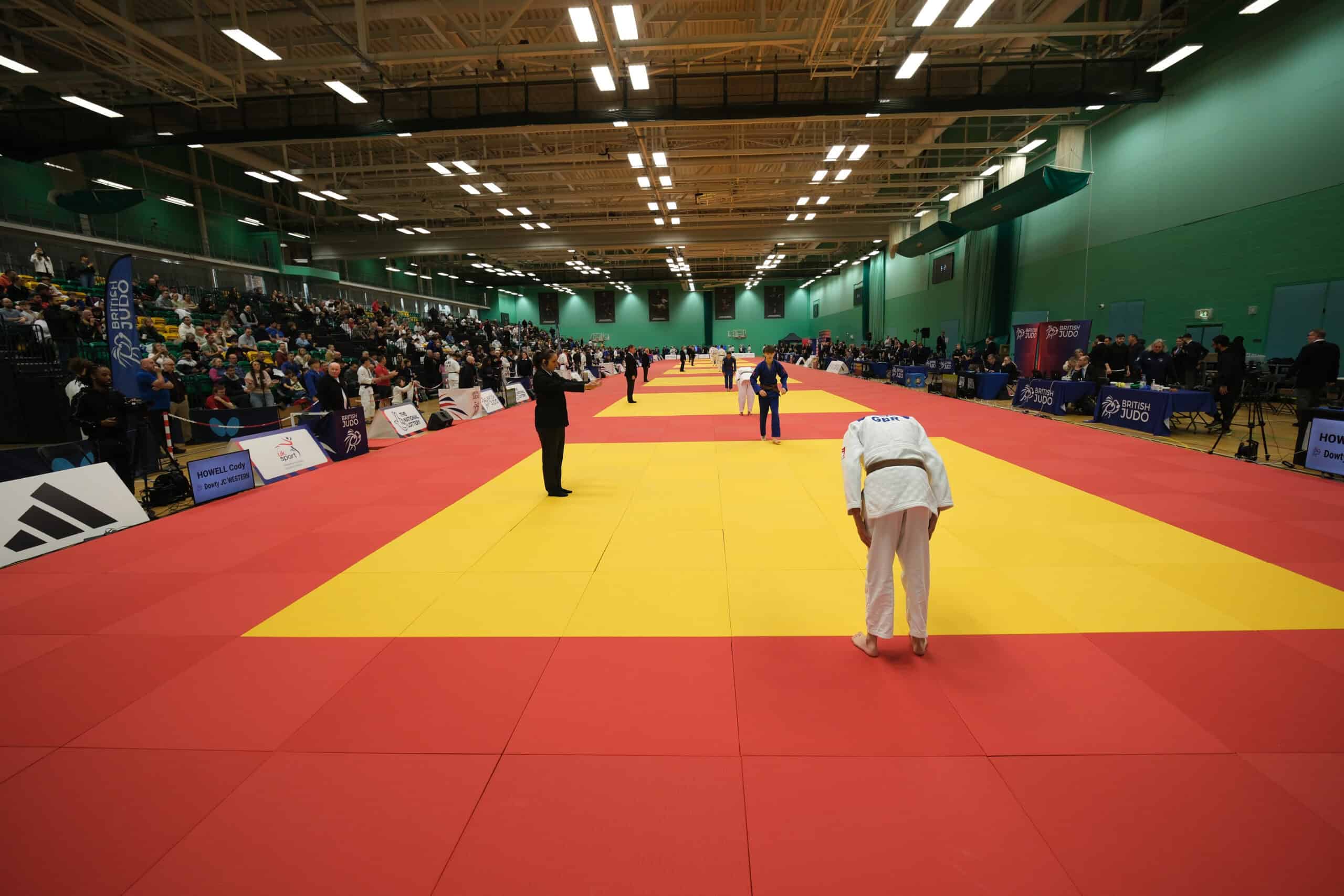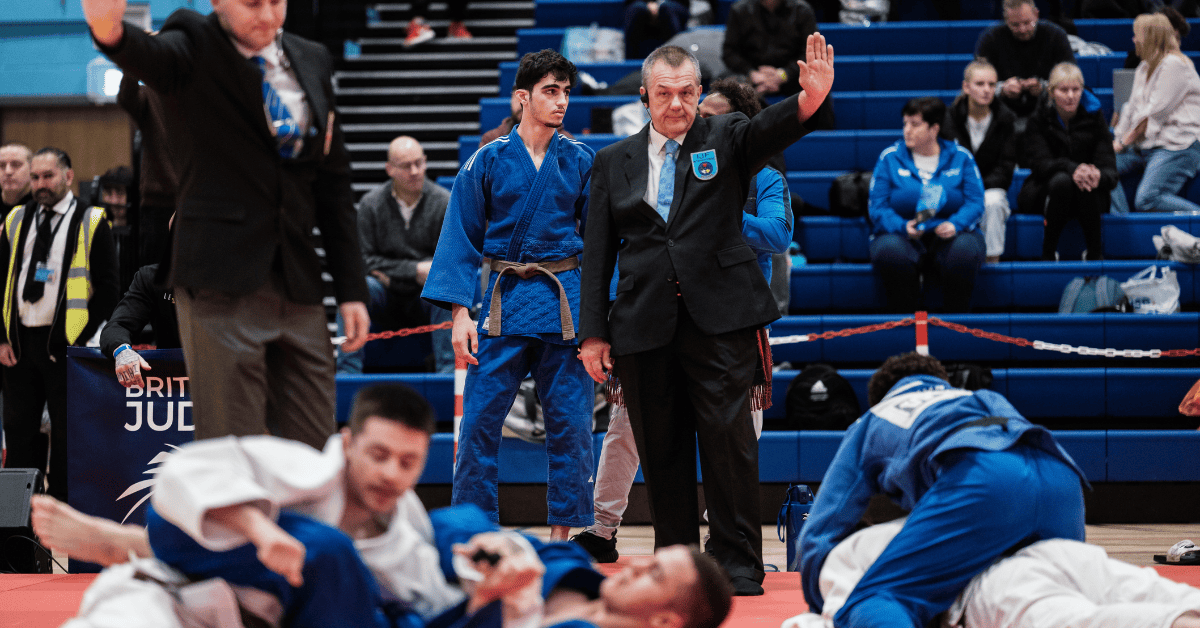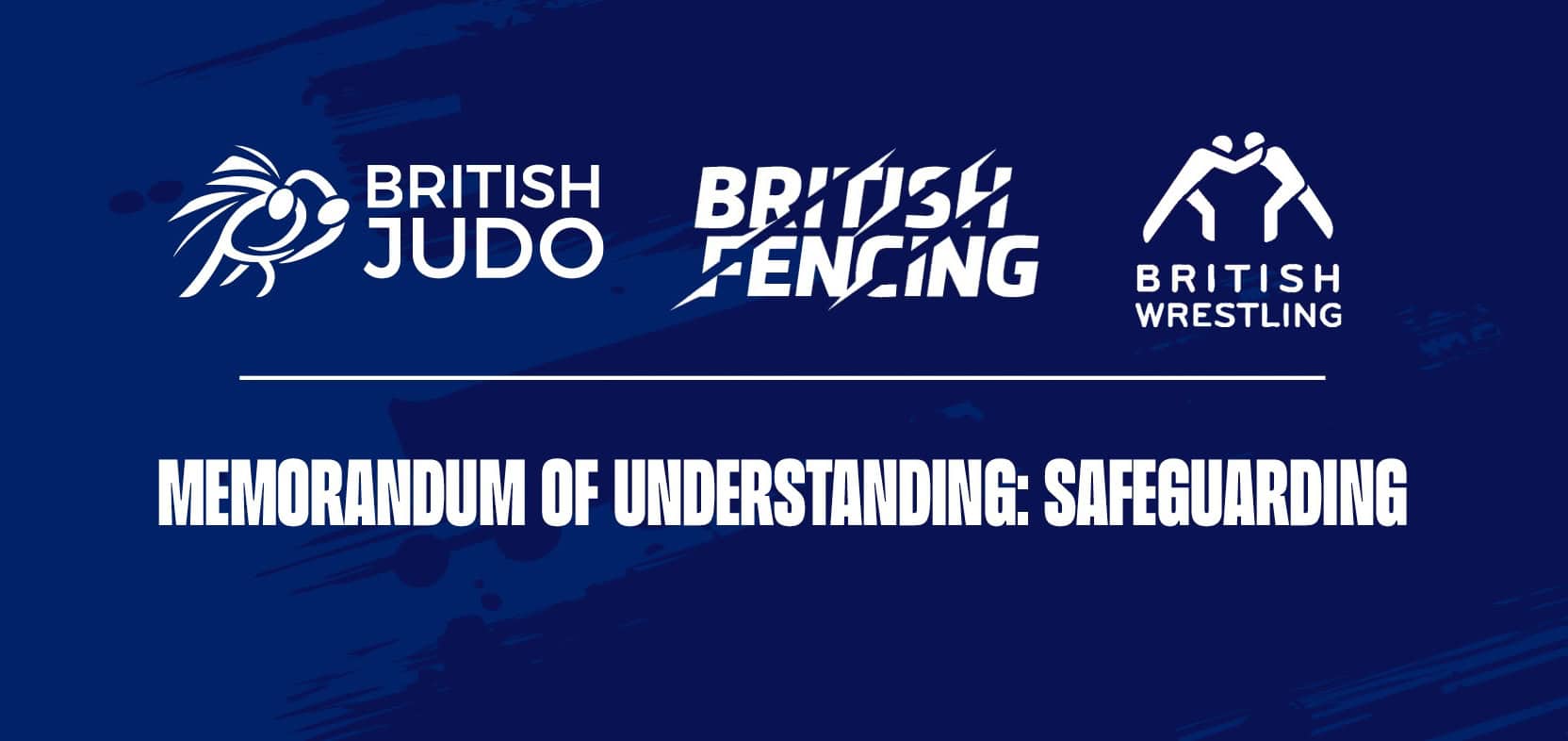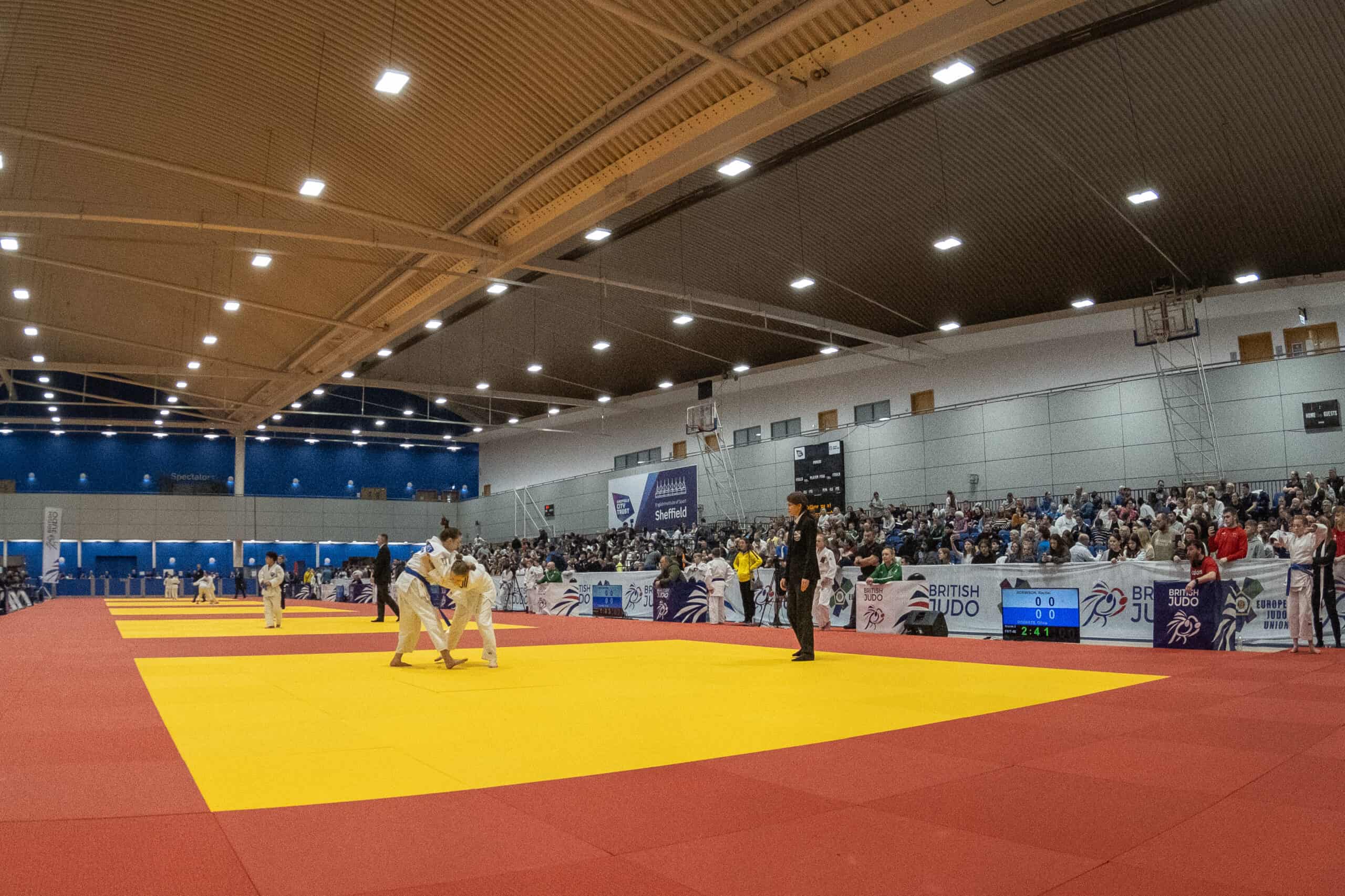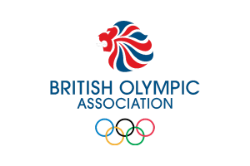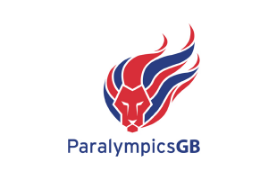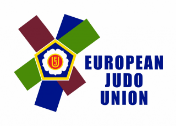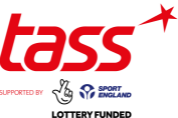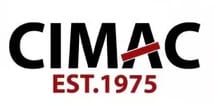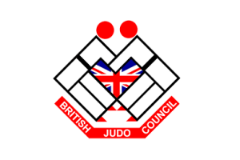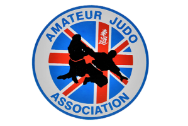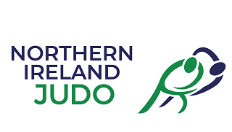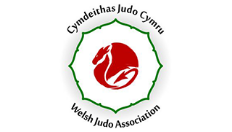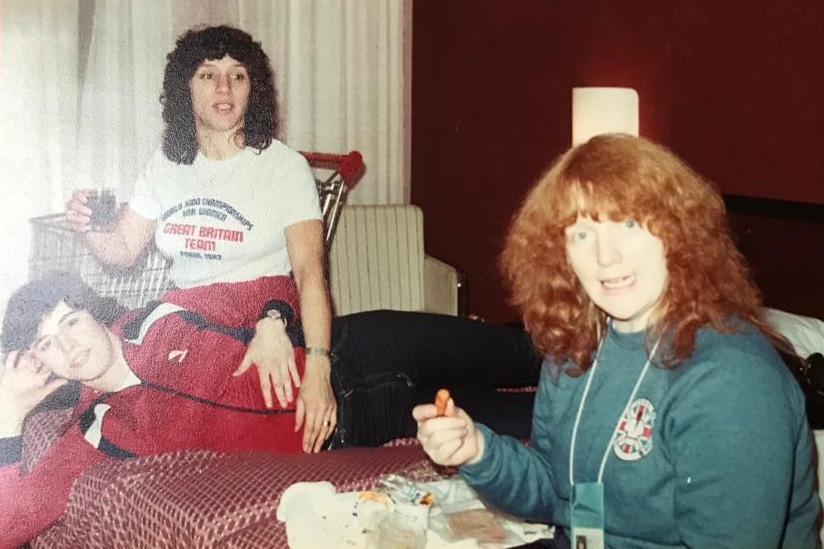
First Women’s World Championships #8 – Catching up With the GB Coaching and Support Team
November 26, 2020

The coaches for the GB women’s team at the first Women’s World Championships in 1980 in New York consisted of Roy Inman (National Coach), Marion Woodard and Winn Bolton (Assistant Coaches). Dr Ken Kingsbury was the Team Doctor and Medical Adviser. In addition to the coaching team, inevitably Charles Palmer the flamboyant chairman of the British Judo Association was there representing the BJA.
Interestingly, when preparing these articles, I was intrigued to learn, and had not been consciously aware, that a young man by the name of Colin McIver (9th Dan, our current BJA Sports Director) was in New York too for the Championships, apparently taking official photos for British Judo. To my mind, Colin must have got the bug for women’s judo from attending. It is surely no coincidence that Colin has always been at the forefront of promoting and helping women’s judo: not just at the BJA but within his own “judo family”. His daughter Dr Lisa Allan is a wonderful lady and a key figure in world judo. She is the first female member of the IJF Executive Committee and as the IJF Competition Manager, the woman who travels the world to organize Grand Prix, Grand Slam events and international competitions of the status of this first Women’s World Championship. She also heads up the Gender Equality Commission within the IJF.
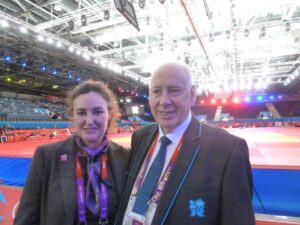
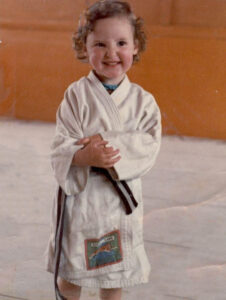
When I won the Commonwealth Games gold for Scotland at the 1990 Games in Auckland New Zealand, Colin was Scotland’s National Coach, having been formerly the GB Olympic Coach and it has always a privilege to work with him throughout the years and when I retired from competitive judo in 1992.
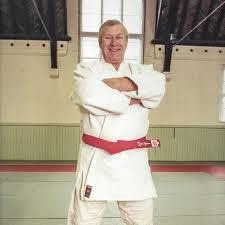
We cannot pass without mentioning that Charles Palmer had been the first non-Japanese elected President of the International Judo Federation between 1965 and 1979, and great credit should be given to him for being a major mover in working with Rusty Kanakogi to make this first Women’s World Championship happen. By the time the event took place in 1980, Charles’s role as President had ended the year before and the President of the IJF became Shigeyoshi Matsumae. Both Charles and Shigeyoshi should be commended for their bravery and progressive attitude in overcoming resistance from a strong contingent of traditionalists, especially in Japan, who were not keen on the event taking place.
Sadly, I was not able to have a chat with Roy Inman OBE who passed away in 2015 at age 69, but it gave me a lovely excuse to chat again with his widow, Carol, and get her reflections and memories of his leadership of women’s judo at that time. In addition, his son Peter Inman and his wife Dr Karen Briggs MBE (four times World Champion) also penned me some of their personal memories which were a delight to receive.
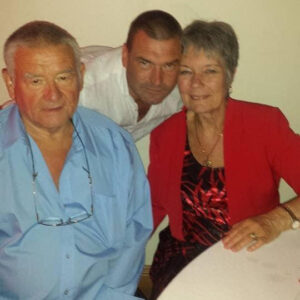
Likewise, I could not have a chat with Dr Ken Kingsbury, who has also passed away: an absolute gentleman for whom I have fond memories as a human being, but his contribution to the world of judo and women’s judo in particular was revolutionary as a scientist. Dr Ken Kingsbury was a remarkable man who transformed the British Judo team’s approach to contest training and the effectiveness of his methods was recognised across the judo and athletics world. As will be discussed later, the list of injuries within the GB Women’s World Championship team was extensive and yet the team performed brilliantly. This was unquestionably down to the close working relationship between Roy Inman and coaches and Dr Kingsbury, who was influential in Roy’s thinking on altering weight categories where appropriate and taking an holistic view on how to win competitions, individual bouts and have athletes who were at peak performance both mentally and physically.
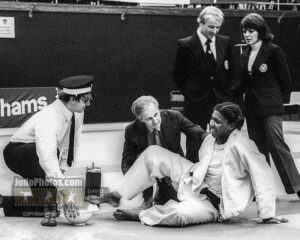
It was wonderful to chat with the female members of the coaching team, Marion Woodard and Winn Bolton, who are still very much alive and had fantastic memories to share.
Starting with my chat with Carol Inman, widow of our GB National Coach Roy Inman. My memories of Carol were that she was as much part of the GB coaching team as anyone. Roy’s dedication to his role was compulsive and impacted significantly on their home life and kids. In those days, there were no expensive hotels and dining out – from memory there was a £10 per day allowance for each athlete within which Roy had to juggle the finances – and he and Carol solved this by having the long-travelling athletes stay and eat with them in their house, along with their family. Sunday lunch at their house in Hounslow, provided by Carol, was the norm for anyone who could not get home easily. I lived in Islington and more often was able to get to my own home, but GB team members like Ann Hughes, Dawn Netherwood, Jane Bridges whose home was in Bolton and more: they all used to have these additional “judo family” team gatherings which created a massive bond of friendship.
To convey the atmosphere of those days, the message I got from Dr Karen Briggs MBE and Peter Inman about “the Big Man” included the following anecdote and sentiment:
“… Pete was a child age 10 and remembers an occasion they were leaving Fairholme Judo Club with his dad Roy and heading to the Budokwai with the full GB women’s squad in the minibus. Fairholme was the training base for the girls that weekend. Roy said to Pete there is not enough seats for everybody so Pete, you will have to sit on Loretta’s knee. Being a 10-year-old and very shy (like he still is!) it was not cool for him to sit on one of the girls knees at that age. Roy persuaded him by telling him he’d chosen the prettiest one in the team …”
Karen expanded on this and said,
“… what a brilliant coach and person Roy was. He was certainly one of a kind. In 1994 he became my father-in-law. My love and respect to the Big Man. He will never be replicated in the Judo World as well as being remembered for being a great husband to Carol, an outstanding father to his children and absolutely adored by all his grandchildren. For me personally, I could not have wished for a better father-in-law…”
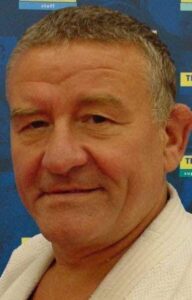
Roy worked well with the girls’ home coaches. He looked on his role as being complimentary to their hard work in getting the girls to the standard they had achieved. He always recognised that his success was also due to the hard work and dedication from many judoka and coaches across Great Britain. Between Roy and these coaches, they produced teams of players who were recognised all around the world for over 20 years as the women’s GB teams who often dominated the world of judo during his reign as Great Britain Team Manager.
His leadership of women’s judo was the envy of the world, as was alluded to in the programme for the event:
“… the British Women’s Open Judo Championships … … long been recognised internationally as the highest calibre of women’s competition and had laid the foundation upon which the first women’s world judo competition has been built…”
The coaching team’s preparation and tactics
We did not just turn-up on the day. Roy’s thinking started 18 months beforehand. In preparation for the first women’s Worlds, Roy and Rusty Kanakogi worked together to bring the GB women’s team to the USA some 12 months earlier, for the USA Women’s Open in Washington. The GB women’s team then decamped to New York for a week for joint training and demonstration bouts, aimed at promoting the sport for women via every opportunity, photo-call and news event possible.
Reflecting on that as a player and a former national coach this was a very clever move. We as a team familiarised ourselves to New York City and the time differences: we built up great family friendships with the American women’s team: we stayed in their family homes and got to know them as friends as well as opponents on the mat. Roy as our coach built a strong bond with Rusty and she supported our team immensely.
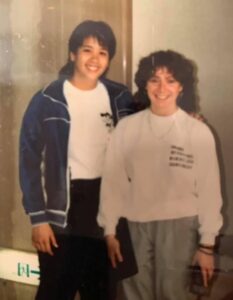
So, when we did turn up after a long flight from Heathrow some 12 months later, we were prepared, not just physically but mentally.
When speaking to Marion Woodard, Assistant Coach, she was still able to list from memory in detail the injuries and ailments that many of the members of the GB women’s team had.
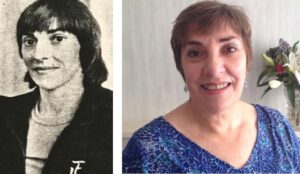
The most worrying was Jane Bridge who had Bell’s Palsy for some 4 to 6 weeks previously, which created some paralysis and numbness down her right side, including her face and being unable to close her right eye totally. It had been causing Jane fatigue. She was taking (IJF sanctioned and approved) medication for it. There was no question of replacing Jane with another player.
In my own case, I had lost my voice. It was laryngitis, and Dr Kingsbury was confused because there was no obvious signs of infection, and he suggested that, being so young, the whole thing was perhaps a bit too much for me and it was a nervous / stress disorder. I tended to agree because I can recall that I felt under enormous pressure not to let the team down by not winning a medal. We all wanted to win a medal and for every member of the team to do so. Everyone seemed happy to get a welcome relief from my non-stop talking and excitement, but it was not felt serious enough to impact on my judo performance.
Avril Malley had stretched ligaments around her knee through excessive training and was heavily strapped throughout the competition.
Dawn Netherwood had polio some 4 months earlier and moved up a weight to concentrate on getting back to match fitness, from her normal of-61 kg to -66 kg. As was mentioned elsewhere, she also got badly injured during the contest itself, which I believe robbed her of the gold. She got silver.
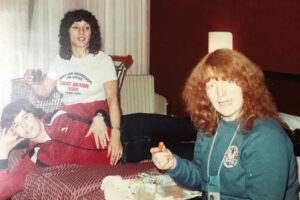
When speaking to Winn Bolton, the focus of her memories was on the girls themselves and she believed that whether by luck or design for the first Women’s World Championship they had an exceptional group of young women who gelled extraordinarily well and were genuinely concerned about the success of their colleagues. This was not tokenism… being a team player because they were expected to … it was real bonding the like of which she has never or seldom seen again.
The Inmans, Marion Woodard, Winn Bolton and others of that era … Where are they now?
Carol Inman’s involvement in judo was as the wife and wingman to Roy and when he retired from international coaching her focus became more local, on her family and personal life. Her son Peter is a coach with Karen at the Karen Briggs MBE School of Judo in Hull. She had two daughters and a son with Roy and they, with her grandchildren keep her fully occupied and she is the first to admit that she has little involvement in the current judo scene.
Winn Bolton was one of two female coaches assisting Roy Inman with the GB team. A former British Champion at -56 kg in 1979 having achieved silver in the British Open in 1975, she is 70 years young. She retired in 2002 from international judo coaching when she was the women’s GB Coach, and she and her husband Rob live in Crawcrook, a village to the west of Newcastle-upon-Tyne.
Winn is a highly regarded coach. Her own club produced a stream of top international athletes including judo Olympian Chloe Cowan the well-known EJU livestream commentator who medalled at more than 40 international competitions.
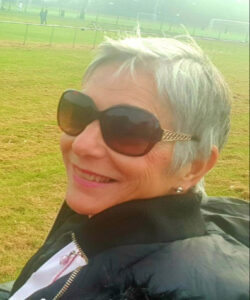
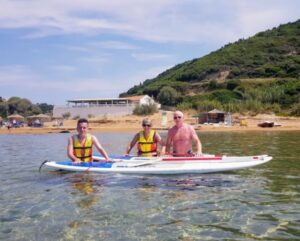
Up until a few years ago you could still see photos and posts on the Facebook pages of Crawcrook Judo Club where she and her husband Rob were coaches, but more recently she has had to take a bit of a breather having had a period of ill health. Talking to her was a delight. She still has that lovely soft North East accent that is calm and considered and used to impart confidence to the girls in the team when they came to her with their problems. She spends most of her time now in gardening and meeting with her daughter Jodie to take in some football training with her grandson Theo. She is still passionately following judo and can rattle off the names of the current in-form and up-and-coming members of the GB international squad.
Marion Woodward is a name and face that is familiar to everyone competing in UK national competitions where she can be seen regularly in the capacity of one of our valued refereeing officials. She was an international referee and was once an EJU refereeing commissioner. Whilst we have been focussed in these articles about the pioneering competitors, Marion was one of the first women to become a top international referee and her knowledge, judgement and impartiality were valued as she travelled widely in that role. In 2012 Marion was selected by the IJF Refereeing Commission to be a Technical Official for 2012 Olympic Games in London. She has been an international referee for around a quarter of a century and selected for over 50 international tournaments in 24 countries plus five World and 16 European Championships.
Marion has retired from her job as a Speech Therapist with the NHS. She has a degree in Health Sciences and spent more than 35 years in a variety of management positions within the NHS and Local Authorities. She is still highly active in judo and is the Chair of the Southern Area Judo Association.
In terms of women’s judo and Marion’s involvement as a pioneer supporting the first Women’s World Championship team, she has also been a historian of women’s judo. With her husband Graham she accumulated over several decades programmes, posters and other memorabilia covering almost 50 years of women’s judo at national and international levels, recording the development and growth of competitive judo for women, and documents recording the organisation and promotion of major judo events, the achievements of individual judoka, and the communication of an evolving sport to a worldwide audience. This collection of more than 230 items was donated to the University of Bath.
In summary – it was a delight for me to re-establish contact and have such wonderful chats and walks down memory lane with Carol, Winn and Marion and to get help in putting this final article together from others like David Finch the renowned judo photographer and historian, who kindly donated the use of some of his photos for the article. All are truly pioneers of women’s judo and will remain friends for life.

